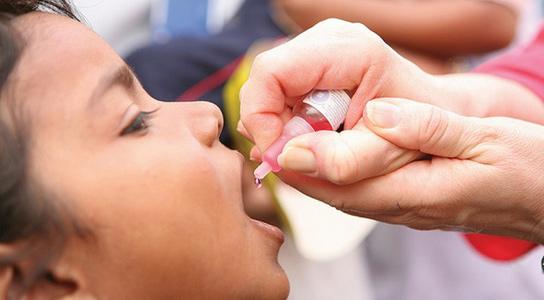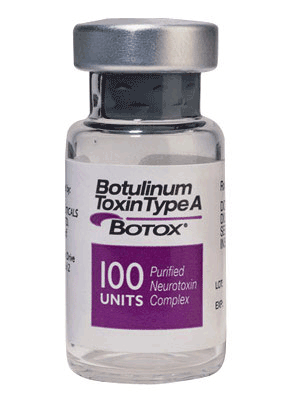

After two of the country’s top drug makers ran into trouble with US Food and Drug Administration (USFDA), the Drug Controller General of India (DCGI) is considering asking pharma companies to make immediate disclosures to the government, as and when leading international drug regulators take adverse actions against their facilities located in India.

“Getting timely access to such leads is very important for us to take an informed decision on prompt follow-ups. If the drug-making facility under scanner is supplying medicine to the domestic market, one can quickly conduct inspections to monitor if these plants are following current good manufacturing practices under the domestic drug law,” said an official from the Drug Controller General of India’s (DCGI) office who did not wish to be named.
If the affected plant doesn’t supply to the Indian market, the decision can be taken on a case-to-case basis, with the depth of action depending on the seriousness of the violations, he added. It could also help the drug regulator decide, whether other plants of the same company supplying drugs to the domestic market, need to be audited.
Recently, one of Wockhardt’s Maharashtra-based plant faced an import alert, while Ranbaxy Labs has had sustained problems with the US drug regulator since 2008 and is still not out of the woods. As of now, the Indian drug regulator doesn’t have any tie-ups with most top drug regulators such as the USFDA and the UK’s Medicines and Healthcare products Regulatory Agencies. This prevents immediate access to notifications of their inspections or access to inspection findings of other drug regulators.

Besides, state drug regulators issue manufacturing licences, not the central drug regulator. So lack of tie-ups with global counterparts and the fact that manufacturing licences are given by state drug regulators sometimes results in a lag of several months, at times even years between the time of inspections by a global drug regulator here and the action taken by the DCGI office, which usually kicks off after the information becomes public.
Ranbaxy, which last month pleaded guilty to the charges of data falsification and ‘adulteration’ in the US, agreed to pay a fine of $500 million, as ET had reported, and inspections have been ordered by the DCGI into facilities at Dewas and Paonta Sahib.
“The company is facing ‘deep inspections’ at the affected plants. The special teams constituted for the purpose include officials from the DCGI office, respective state drug controllers’ office and independent regulatory experts,” a health ministry official told ET .
Another official confirmed that random samples of Ranbaxy drugs are being picked from the market by the drug regulator for quality tests. Pharma experts say a higher level of disclosure would inspire more trust in ‘brand India’. “In principle, this intervention would be a right step on part of the government because pharma is a sensitive sector with half of the industry’s total revenues coming from exports. A single high-profile adverse instance is not necessarily an isolated incident but has the ability to erode the credibility of the image of Indian generics built over years,” said Murali Nair, partner, Ernst & Young.
But Nair pointed out that due to different cost structures, companies usually have separate drugmaking facilities dedicated for regulated markets, which means there would be limited overlap between plants catering to domestic market and developed markets.
“An early warning technique based on global regulatory slippages, as a trigger for audits in a country has 14,000 drug manufacturers would be helpful for the regulator,” he added.
Be a part of Elets Collaborative Initiatives. Join Us for Upcoming Events and explore business opportunities. Like us on Facebook , connect with us on LinkedIn and follow us on Twitter , Instagram.











